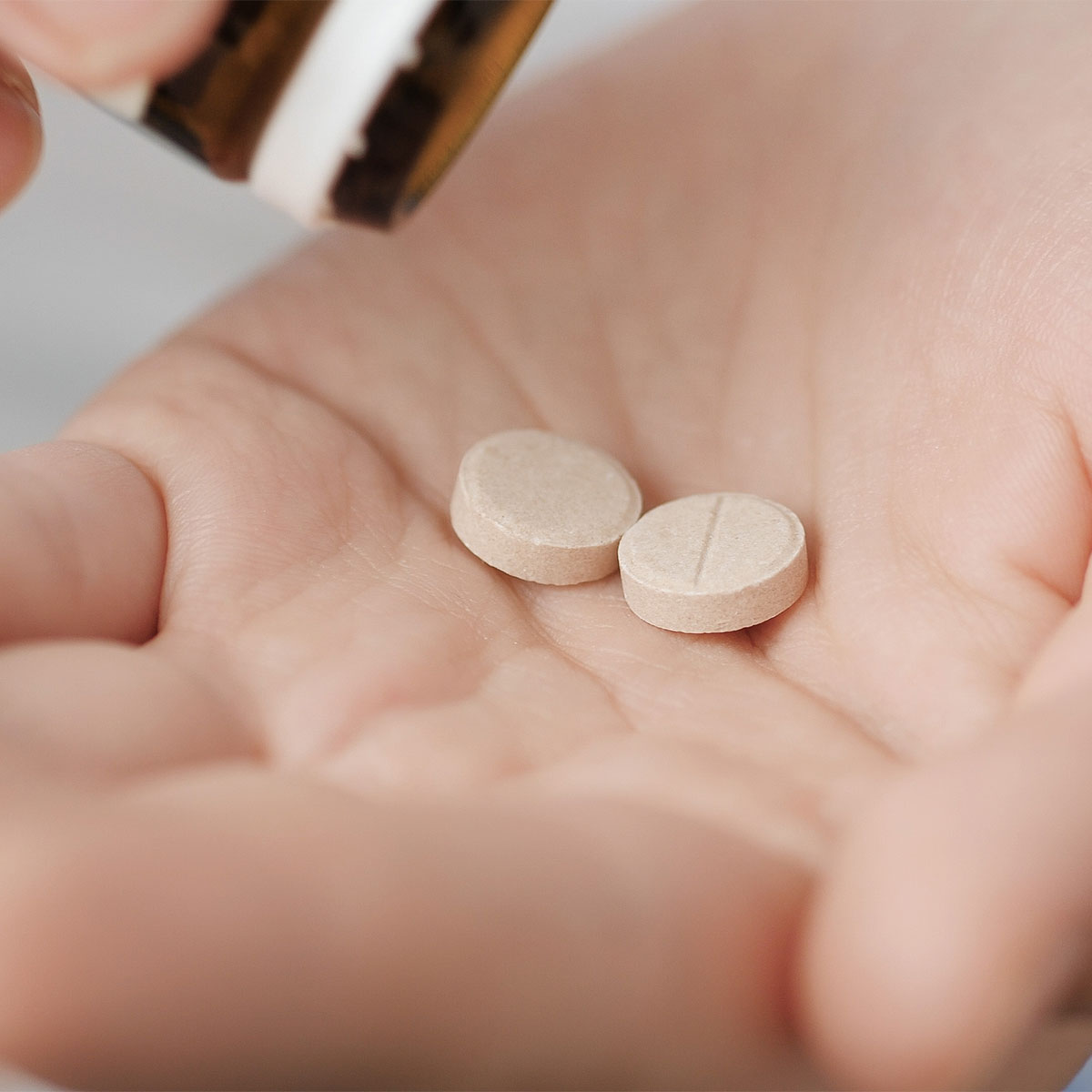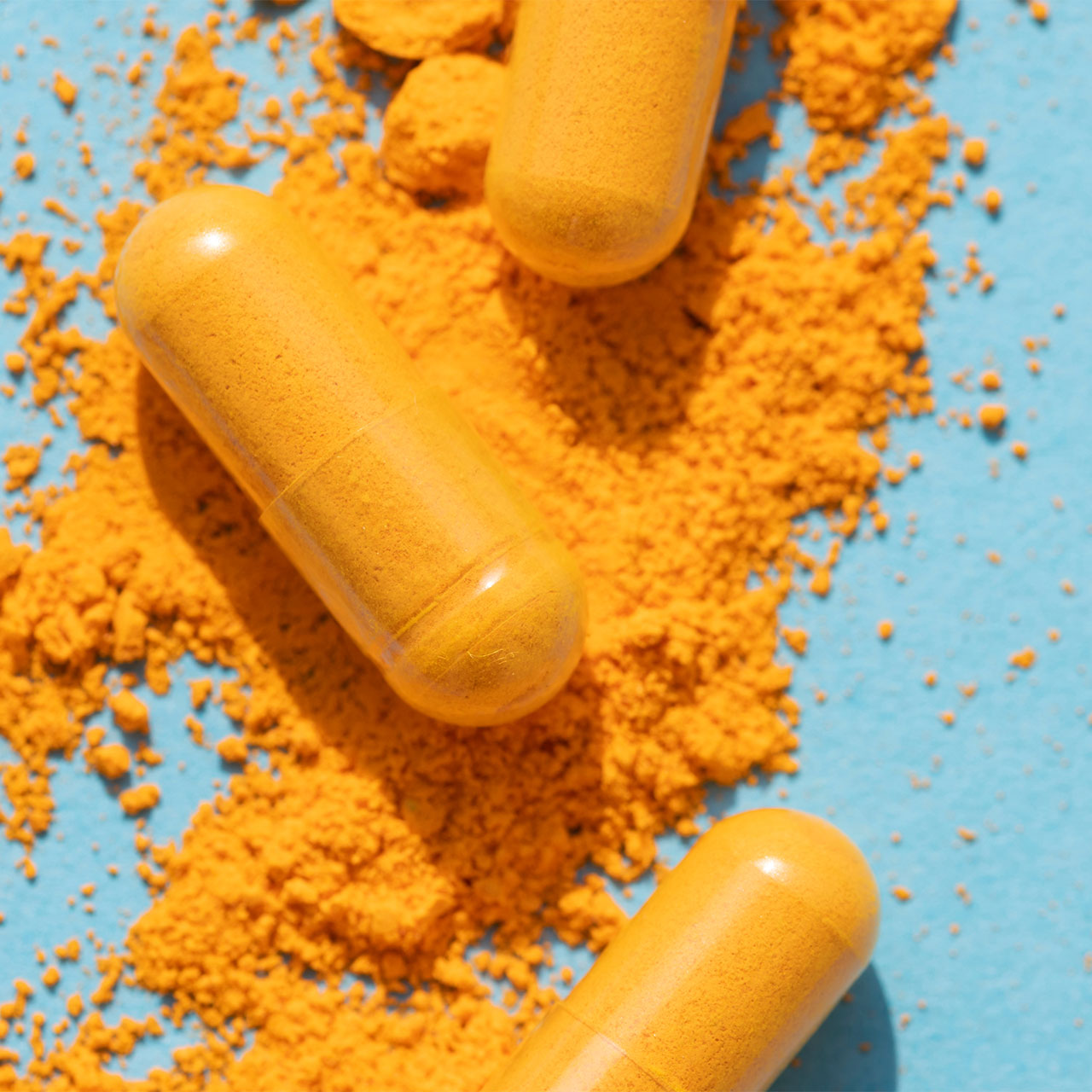Supplements can target a number of health needs, from better sleep to weight loss to higher energy levels. However, while taking supplements can certainly help in many cases, it’s always important to keep the potential risks in mind. As it turns out, many supplements can actually be harmful and even dangerous, especially if not taken as directed. There’s one pill in particular that could result in heart palpitations.
To shed some light on one type of supplement that could do some damage to your heart, we spoke to nutritionist Alisha Temples of Fueled & Fed Nutrition. She told us that supplements containing caffeine, including fat burners, may lead to heart palpitations in certain cases. Read on for more info on the risks.


Caffeine and heart palpitations
According to Temples, supplements containing caffeine may not be the best for your heart. This not only includes caffeine pills and green tea supplements, but also pertains to many fat burners and even pre-workout supplements. Many weight loss supplements contain caffeine due to the fact that it could boost metabolism and suppress appetite. However, it also poses a risk in high doses.
"Caffeine pills and fat burners can cause heart palpitations," Temples warns. "Caffeine is a stimulant, meaning that it stimulates the central nervous system, heart, muscles and bodily systems that affect blood pressure." And although it's generally safe in moderation, she notes that high doses could put your health and safety at risk. But how much is too much? "For most healthy adults, doses of caffeine up to 400 mg a day is generally considered safe," she assures us. "For those who are pregnant, up to 200 mg a day is generally considered safe, and for those who are breastfeeding up to 300 mg a day is generally considered safe."

Ultimately, she says that the key to safely consuming caffeine—as well as any other supplement—is to pay attention to the labels and stick to the recommended doses. "I would recommend checking labels of supplements for caffeine amounts and adding this up with dietary intake to make sure it does not exceed safe threshold," Temples concludes.
All in all, it's always crucial to be aware of the potential downsides to any sort of supplement or medication you're putting into your body. Speaking to your doctor, educating yourself, and considering any possible interactions with other things you're taking are all good steps to take to practice safe consumption.
READ MORE: The Metabolism-Boosting Supplement You Should Be Taking Every Morning


























